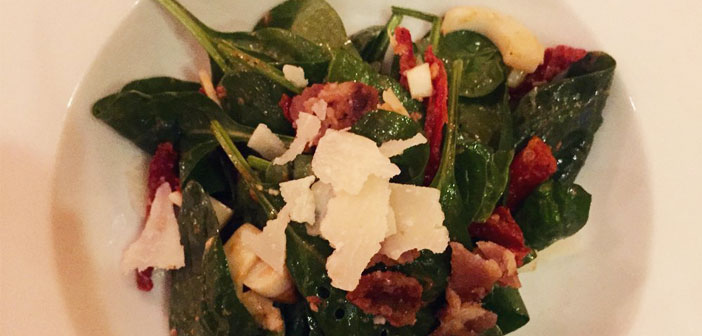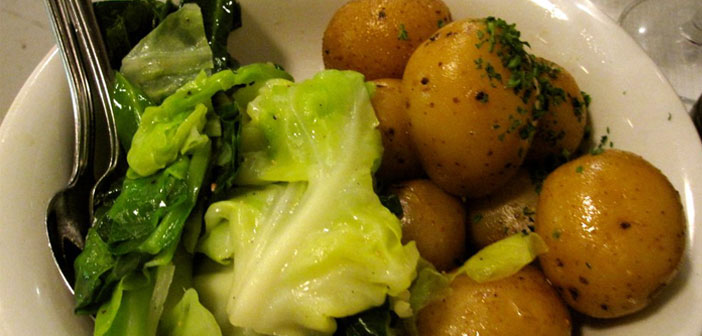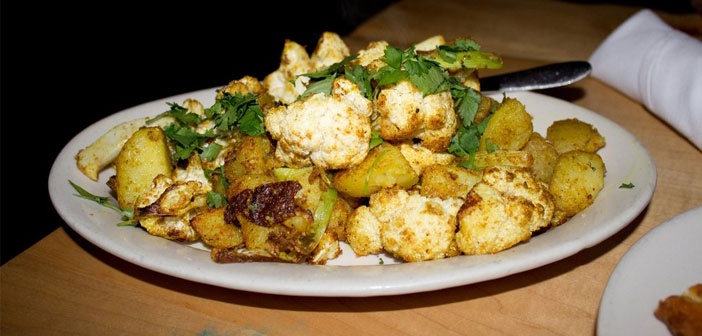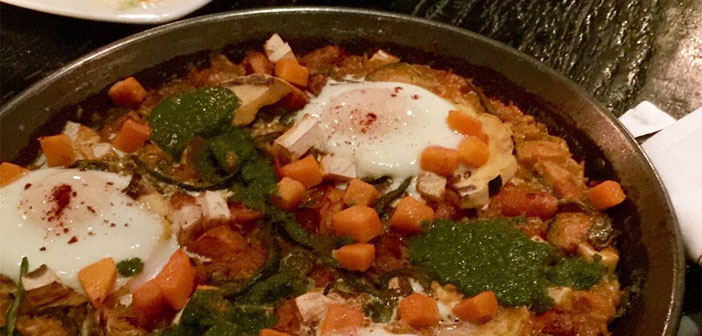High Protein Foods for Vegetarians
It goes without saying that along with the other important nutrients that different foods provide us, proteins are also required in sufficient quantities for the proper growth and maintenance of our body functions. Protein rich diets are very much popular amongst bodybuilding enthusiasts, as proteins help in a huge way in muscle-building. As mentioned earlier, many people hold a misconception that a vegetarian diet does not provide enough proteins, or there are not many foods in the vegetarian diet that have lots of proteins in them! People strongly believe that it is only the non-vegetarian foods such as meat, fish and eggs, that have ample proteins in them. I agree to the latter sentence partly. However, with regards to the former, I would say that the list of high protein foods for vegetarians given below is a contradiction to it! There are many vegetarian foods that are rich in protein content, and you can completely rely upon them to fulfill the protein needs of your body! Some of the popular vegetarian protein foods are whole grains, legumes, beans, spinach, etc. To get a better idea, here is a table with the details of each vegetable that is an excellent source of protein for us.
List of High Protein Foods for Vegetarians
Food Item Form Quantity Protein Content Asparagus boiled, cooked, drained 60 - 62 grams/4 spears 1.55 grams Artichokes boiled, cooked, drained, without salt 120 - 122 grams/1 cup 4.18 grams Avocados raw from California 28 grams/1 cup 0.60 grams Alfalfa Seeds raw and sprouted form 33 - 35 grams/1 cup 1.32 grams Baked Beans canned 254 - 255 grams/1 cup 12.17 grams Black Beans cooked 1 cup 15 grams Broccoli raw 88 - 90 grams/1 cup 2.62 grams Beets cooked, boiled, drained 170 - 172 grams/1 cup 2.86 grams Bulgur cooked 182 - 184 grams/1 cup 5.61 grams Cabbage raw 70 - 72 grams/1 cup 1.01 grams Carrots raw 10 - 12 grams/1 medium carrot 0.08 grams Cauliflower raw 100 - 102 grams/1 cup 1.98 grams Celery raw 120 - 122 grams/1 cup 0.90 grams Chickpeas cooked 1 cup 15 grams Cucumber raw and peeled 119 - 120 grams/1 cup 0.68 grams Dandelion Greens cooked, boiled, drained, without salt 105 - 107 grams/1 cup 2.10 grams Endive raw 50 - 52 grams/1 cup 0.63 grams Garlic raw 3 grams/1 clove 0.19 grams Lettuce raw 56 - 57 grams/1 cup 0.73 grams Lentils mature seeds, cooked, boiled, drained, without salt 198 - 200 grams/1 cup 17.86 grams Mushrooms raw 70 - 72 grams/1 cup 2.03 grams Mustard Greens cooked, boiled, drained, without salt 140 - 142 grams/1 cup 3.16 grams Noodles chow mein, Chinese 45 - 46 grams/1 cup 3.77 grams Okra cooked, boiled, drained, without salt 160 - 162 grams/1 cup 2.99 grams Olives ripe, canned 22 - 23 grams/5 large olives 0.18 grams Onions raw 110 - 112 grams/1 whole onion 1.28 grams Oat Bran raw 94 - 95 grams/1 cup 16.26 grams Pumpkin without salt, canned 245 - 247 grams/1 cup 2.70 grams Peppers green, raw, sweet 149 - 150 grams/1 pepper 1.33 grams Peppers red, raw, sweet 119 - 120 grams/1 pepper 1.06 grams Potato Pancakes homemade 76 - 77 grams/1 pancake 4.68 grams Quinoa cooked 1 cup 11.00 grams Radishes raw 4.5 - 4.6 grams/1 radish 0.03 grams Seitan - 3 ounces 21 grams Soybeans cooked 1 cup 29 grams Spaghetti cooked, whole wheat 140 - 142/1 cup 7.46 grams Spaghetti enriched, cooked, without salt 140 - 142 grams/1 cup 6.68 grams Spinach raw 30 - 32 grams/1 cup 0.86 grams Sweet Potato canned 255 - 256 grams/1 cup 4.21 grams Tomatoes sun-dried 2 - 3 grams/1 piece 0.28 grams Tempeh - 1 cup 31.00 grams Tofu firm, made with magnesium chloride and calcium sulfate 120 - 122 grams/1 piece 7.86 grams Whole Wheat Bread - 2 slices 5.00 grams Watermelon raw 286 - 288 grams/1 wedge 1.77 grams Wheat Flour whole-grain 125 - 127 grams/1 cup 16.44 grams
Even though meat, chicken and fish are very beneficial for our body, there is no harm in being a vegetarian too. Apart from the aforementioned food items, there are many other food items which are equally high in protein content. Most of the above listed food items are safe for every individual. However, if you have allergies towards any of these food stuffs, you should always consult your doctor and get appropriate alternatives prescribed for your specific case. The intake of nutritious food that keeps us healthy should be on the top of our priority list, as far as eating habits are concerned.
Related Articles
-
Vegetarian Diets that Work Fast for Women
When I first told people I turned vegetarian during the weekdays and a
-
Baked Potatoes with Vegetables
-
Vegetarian Diet Menu for Cancer Patients
Patients dealing with cancer are in the most critical phase of their l
-
Vegetable Stir Fry
-
Essentials of a Low Carb Diet Plan for Vegetarians
Diet plans are ruling the roost these days, and why not? What with peo
-
High Protein Foods for Vegetarians
Most people are of the belief that only meat-based foods are good sour




